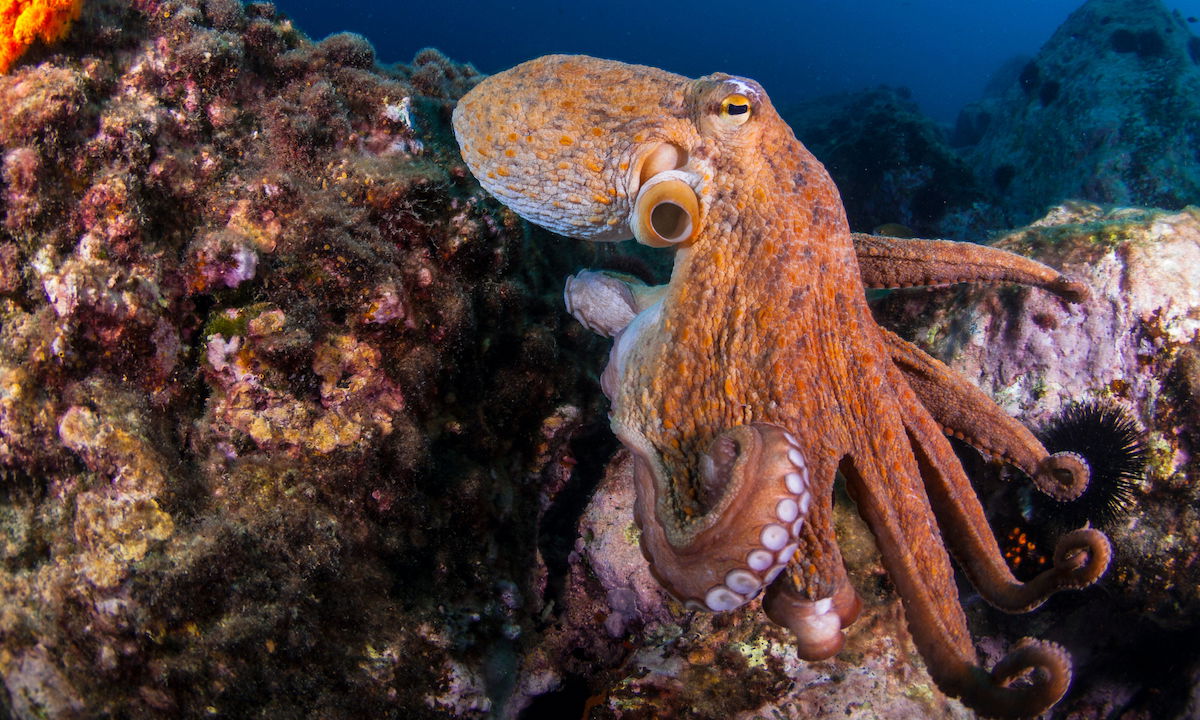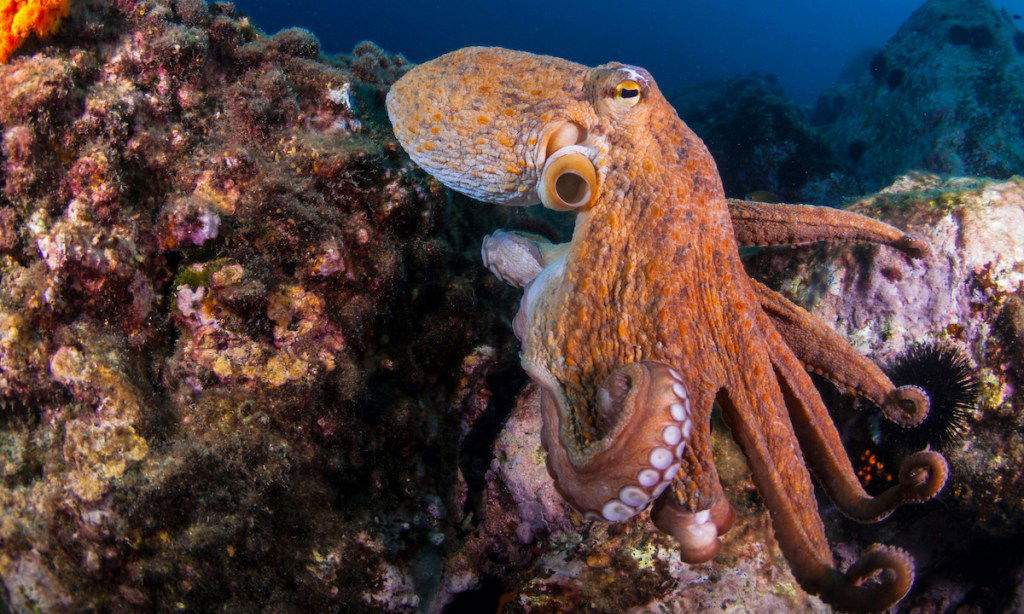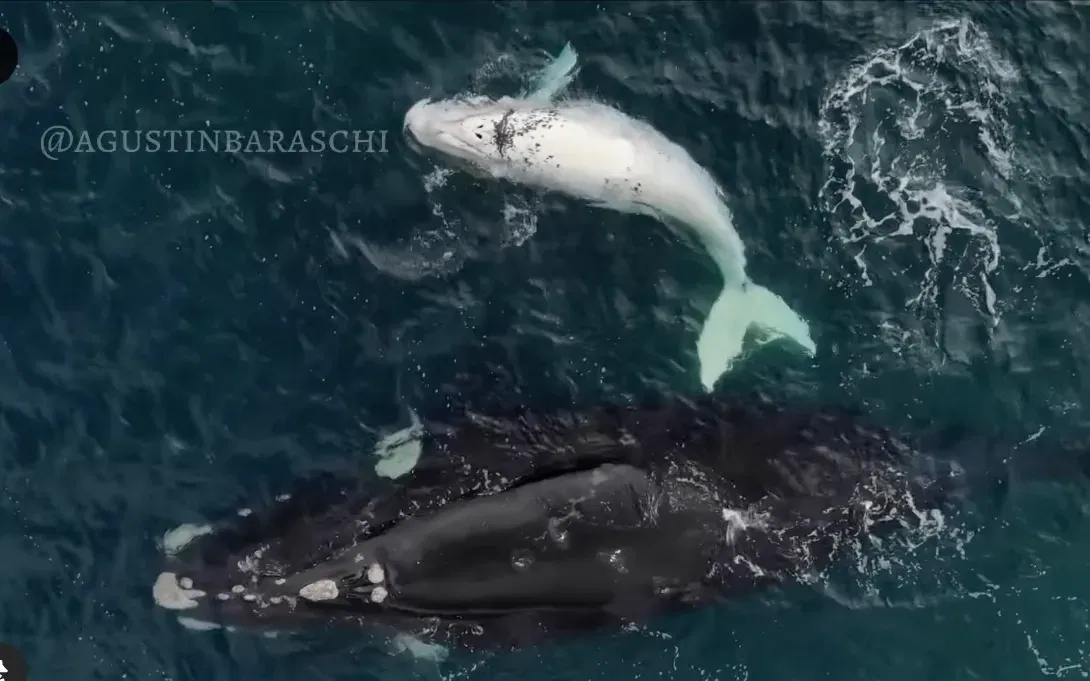

Seafood brand Nueva Pescanova recently announced a plan to open the world’s first octopus farm. While global culinary markets could benefit from having a ready source of octopus, animal rights advocates are raising the alarm.
The Spanish company plans to build its facility in the Canary Islands, a quiet archipelago that’s governed by Spain and located in the Atlantic Ocean. According to the BBC, the farm should be able to produce about a million octopuses each year. If all goes according to plan, the animals will then be shipped out and served up to foodies around the world. (Octopus is an important component of several traditional Spanish foods. It’s also common in many Asian and Latin American cuisines.)

For centuries, the biggest hurdle to serving octopus was catching them. Highly intelligent, solitary, and elusive, octopi are caught one at a time using fishing lines or traps. Many experts thought they were impossible to raise in captivity at scale. Those who tried found that the octopi either ate each other, resorted to self-harm, or died at astonishing rates, reports Reuters.
Now, Nueva Pescanova says its researchers have discovered some new techniques that make farming possible.
Not everyone is excited about the breakthroughs. Yes, it’s true that farming the animals could create a more sustainable fishery. Farming could also, in theory, be more efficient than dispatching fossil fuel-guzzling fishing boats across the ocean. It would also likely lower the price of octopus, making good food more affordable for more people.
That said, octopi are known to be incredibly intelligent. Some people have even reported developing friendships with octopi. (If you’ve seen Netflix’s My Octopus Teacher, then you know what we’re talking about here.) Given that high-level comprehension, the animals may be capable of experiencing serious suffering if kept in less-than-deal conditions.

According to the BBC, the farmed octopi will be housed indoors. They’ll be grouped together in tanks without much room to spread out. According to some estimates, 10 to 15% of the animals will die from stress and illness alone. When they’re ready to harvest, the octopi will be placed in icy water and frozen alive, a method scientists say causes a slow, painful death.
At least one American state (Washington) has already proposed a ban on octopus farming. Some countries may also institute bans. But so far, Nueva Pescanova seems to be moving ahead with its plans. So, in all likelihood, it will be left to each consumer to make the decision for themselves: either boycott farmed octopus, or enjoy your cheaper tapas as you see fit.








